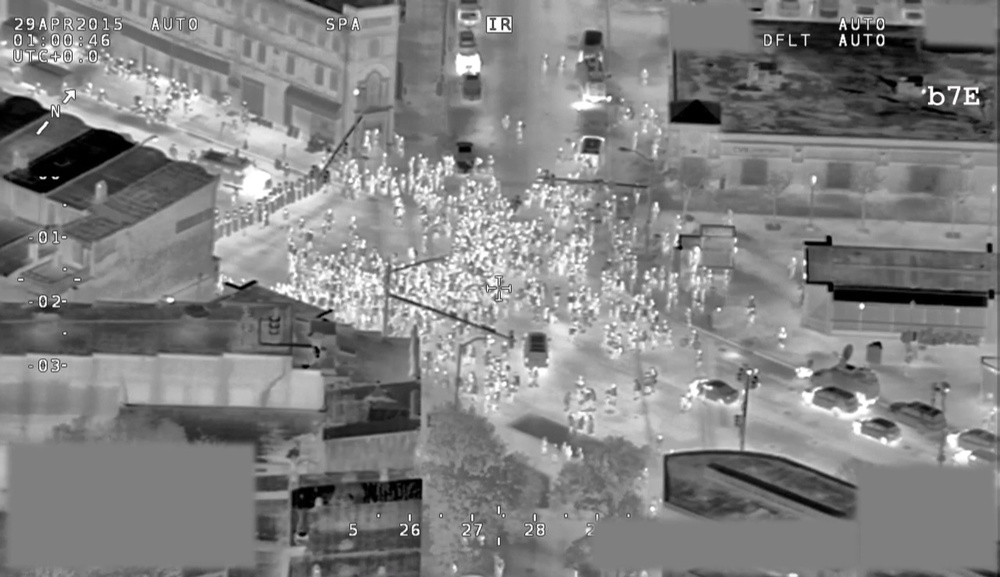Keep Your IoT Devices on a Separate Network, FBI Says
The FBI says owners of IoT (Internet of Things) devices should isolate this equipment on a separate WiFi network, different from the one they’re using for their primary devices, such as laptops, desktops, or smartphones. “Your fridge and your laptop should not be on the same network,” the FBI’s Portland office said in a weekly tech advice column. “Keep your most private, sensitive data on a separate system from your other IoT devices,” it added. The same advice — to keep devices on a separate WiFi network or LAN — has been shared in the past by multiple IT and security experts. The reasoning behind it is simple. By keeping all the IoT equipment on a separate network, any compromise of a “smart” device will not grant an attacker a direct route to a user’s primary devices — where most of their data is stored. Jumping across the two networks would require considerable effort from the attacker. However, placing primary devices and IoT devices on separate networks might not sound that easy for non-technical users. The simplest way is to use two routers.



